Business Intelligence: Turning Data into Actionable Insights

In today’s data-driven world, organizations generate massive amounts of information every day. Business Intelligence (BI) refers to the processes, tools, and strategies used to transform raw data into meaningful insights that support decision-making, improve efficiency, and drive business growth.
What Is Business Intelligence?
Business Intelligence encompasses the technologies, applications, and practices that enable companies to collect, analyze, and visualize data. It goes beyond traditional reporting by providing actionable insights that can influence strategic and operational decisions.
A typical BI system combines data from multiple sources—such as databases, spreadsheets, and cloud applications—into a unified platform for analysis. Tools like Power BI, Tableau, and Looker help users explore data through dashboards, interactive reports, and predictive analytics.
The Benefits of Business Intelligence
Implementing a robust BI strategy can provide several advantages:
-
Informed Decision-Making: Leaders can base choices on accurate, real-time data rather than intuition.
-
Operational Efficiency: Identifies bottlenecks, reduces waste, and optimizes processes.
-
Customer Insights: Understand customer behavior, preferences, and trends for better targeting.
-
Competitive Advantage: Detect market trends and respond faster than competitors.
-
Predictive Analytics: Forecast future trends, demand, and risks using historical data.
By transforming data into actionable intelligence, organizations can operate more strategically and proactively.
Key Components of a BI System
A comprehensive Business Intelligence system typically includes:
-
Data Sources: Structured and unstructured data from internal and external sources.
-
Data Warehousing: Centralized repositories to consolidate and organize data for analysis.
-
ETL (Extract, Transform, Load): Processes to clean, format, and integrate data.
-
Analytics Tools: Software that enables reporting, visualization, and predictive modeling.
-
Dashboards and Reporting: Interactive visualizations to track KPIs and business metrics.
-
Data Governance: Policies ensuring data accuracy, privacy, and compliance.
Each component plays a crucial role in turning raw data into reliable insights.
BI in Modern Business
Business Intelligence has applications across virtually every industry:
-
Retail: Optimize inventory, track sales trends, and personalize marketing campaigns.
-
Healthcare: Monitor patient outcomes, manage resources, and improve operational efficiency.
-
Finance: Analyze financial performance, manage risk, and detect fraud.
-
Manufacturing: Improve supply chain efficiency and production forecasting.
-
Technology: Drive product innovation, user engagement, and service improvements.
BI empowers organizations to make smarter decisions, respond quickly to market changes, and maintain a competitive edge.
Challenges in Business Intelligence
Despite its benefits, implementing BI comes with challenges:
-
Data Quality Issues: Poor or inconsistent data can lead to incorrect insights.
-
Integration Complexity: Combining data from multiple sources requires careful planning.
-
User Adoption: Employees must be trained to use BI tools effectively.
-
Security and Privacy: Sensitive information must be protected in compliance with regulations.
Successful BI initiatives balance technology, people, and processes to achieve optimal results.
The Future of Business Intelligence
The future of BI is increasingly shaped by AI, machine learning, and augmented analytics. These technologies enable automated data analysis, predictive insights, and smarter decision-making with minimal manual intervention.
Organizations that embrace modern BI tools and strategies will not only leverage data for operational efficiency but also uncover new growth opportunities and innovate faster than competitors.

